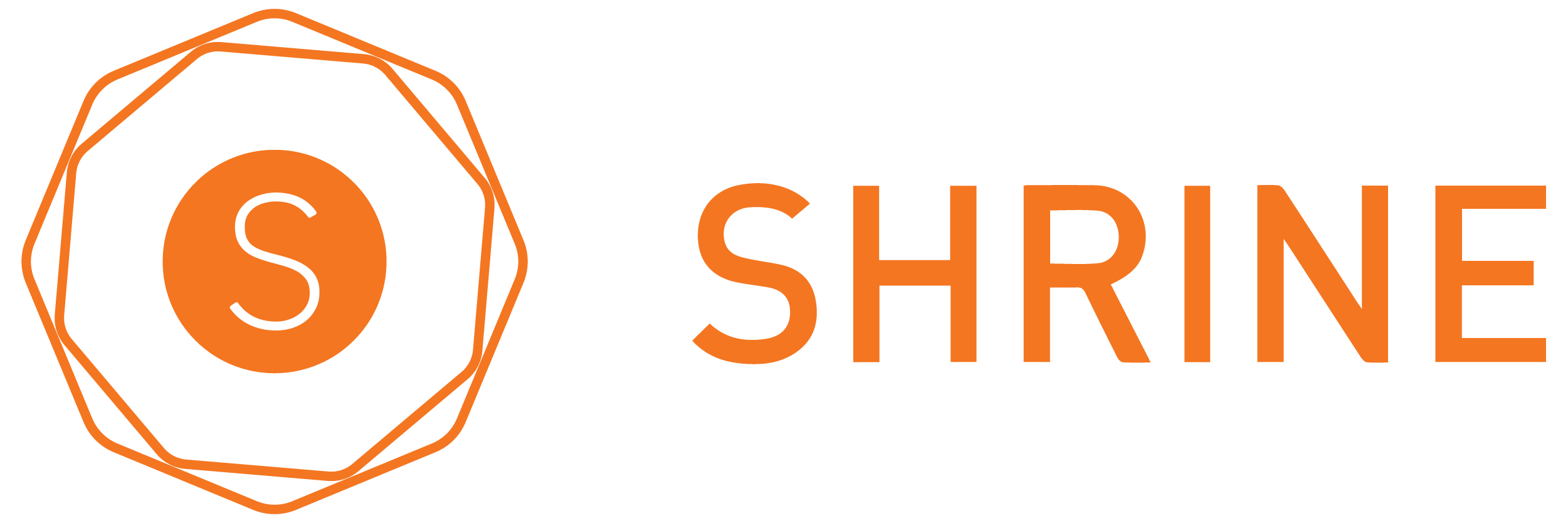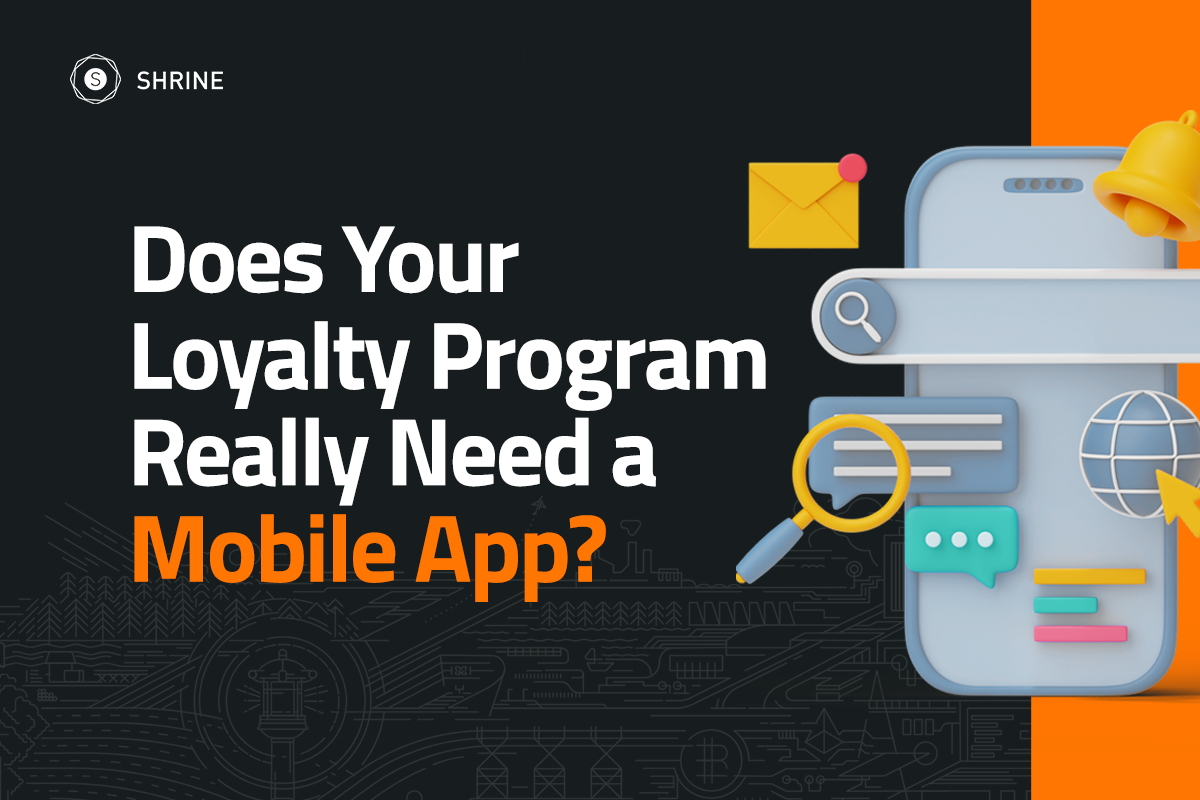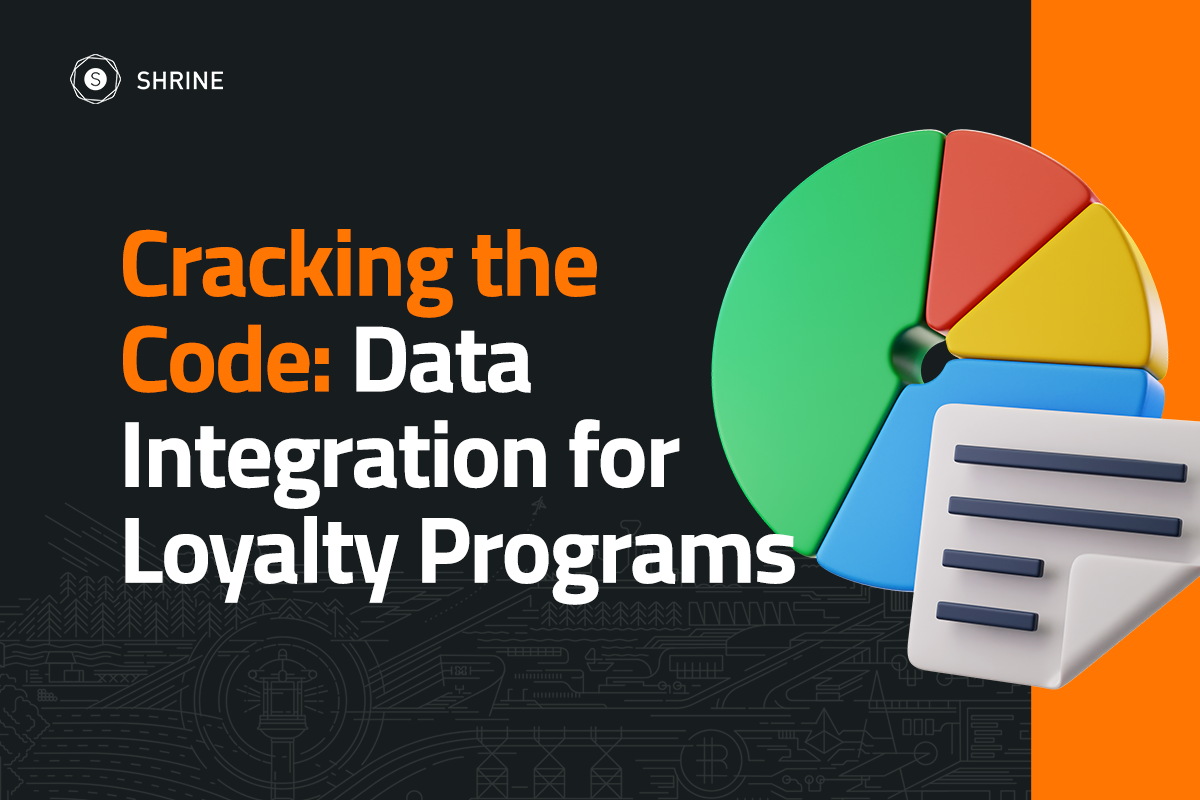With the rise of platforms like Upwork and Guru.com, it’s easier than ever to find freelancers willing to write code for your software development projects.
Why work with a full-service agency when you can hire one (or more) remote devs directly for a fraction of the price?
The answer comes down to the real cost of a freelancer, not just the sticker price. After working in the software industry for 15 years, I’ve learned how to calculate the direct and indirect costs & benefits of both options to help you make an informed decision about your next project.
Consider, for example, the total number of freelancers you’ll need to hire for your project; it might be more than you think. A full-service agency will often be able to provide UI/UX and graphic design, marketing support, and assist in developing a business strategy for your app. If you’re working with an individual developer, they could likely specialize in only one area: writing code.
Read on for three unexpected benefits of working with a full-service agency, and be sure to check out the blog we recently published about the pros and cons of working with freelancers.
1. Stability
With an agency, you can expect a certain level of stability both in the team and the process. They generally have a process to get the information their team needs up front and will schedule regular meetings along the way where you can provide feedback and direction. You may even have an account manager who regularly keeps you informed of their progress.
At Shrine Development, for example, we use a project management platform called Basecamp to organize every project and keep things on track. There are tons of other good platforms you could use, such as Asana or Trello. Part of the benefit of an agency is that you don’t have to expend time and resources choosing which platform to use. You don’t have to worry about the million tiny decisions that need to be made on a daily basis with regards to management and communications. You can hit the ground running on day one.
You’ll still be involved in the process, but you don’t have to be in charge of the process; you can focus on your business plan, securing funding, and making sales. Trust your agency’s guidance, and you’ll have less stress as your project moves forward.
2. Tools
You know your business, but unless your business is software development (in which case, why are you hiring an agency), you likely don’t have intimate knowledge of the latest developments in the industry. That’s where an agency can help.
Agencies have the resources to stay on top of market trends. Their teams test out new products and platforms. An established firm will have enough experience to know which tools are available in the marketplace and be able to advise which of those tools will be useful for your project. They’ll be able to show you all your options, open-source and off-the-shelf, and tell you the pros and cons so you can make an informed decision.
Some freelancers may provide guidance in this area, but generally, these relationships tend to be more transactional and less like the quality of partnership you’ll find with an agency. A freelancer could be more likely to defer to your decisions and spend less time making recommendations that can save you time and money in the long run.
3. Communication
The communication benefits of an agency are twofold: client and team communications.
First, on the team side, an agency should have a team and vendors with experience working together. You don’t have to worry about establishing communication channels or making sure everyone knows how to work together. There’s less hand-holding.
In terms of client communications, an agency can fuel your conversations with the team to help you have better, more productive conversations about technology. They’re not only adding stability to the process, but they can also help bridge the gap in your technical proficiency to help improve your project outcomes.
For example, let’s say you start a meeting by telling the team you want more people testing your platform to look for bugs. This is a reasonable thing to ask, especially if you want to build high-quality software. While a lone freelancer might just hire more testers, an agency might push back. Instead of more testers, what about a Continuous Integration Platform that will continually test your code automatically? If you’re unfamiliar with the industry, you wouldn’t even know to ask for that. A good agency can bridge the gap between your understanding of software development and where the industry stands today.
When you’re getting ready to launch your next software development project, consider these factors when deciding whether to spend your money with a full-service development agency or hiring developers directly. If you’re new to software development, check out our tips for first-time app development buyers.
Need help making a decision?
Reach out to our team. We’ll offer free, no-obligation advice that will save you time and money on your next project.




